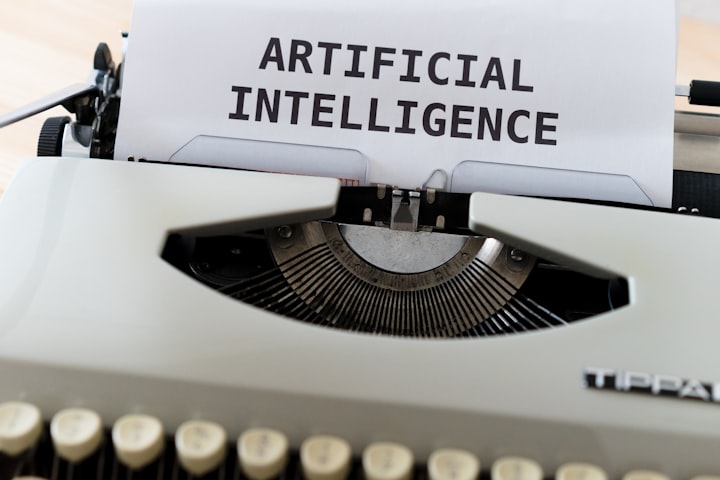
Artificial Intelligence (AI) is a transformative technology that aims to replicate and mimic human intelligence in machines. It encompasses a wide range of techniques and approaches that enable computers and machines to learn, reason, perceive, and make decisions in a way that simulates human cognitive abilities. AI has made significant advancements in recent years, revolutionizing industries and driving innovation across various domains.
Here are 10 AI tools that are highly regarded and shouldn't be missed:
1. TensorFlow: An open-source machine learning framework that is widely used for building and deploying AI models. It provides a comprehensive ecosystem for deep learning and offers flexibility across various platforms.
2. PyTorch: Another popular open-source deep learning framework that provides dynamic computational graphs. It is widely used for research purposes and offers excellent support for natural language processing (NLP) tasks.
3. scikit-learn: A powerful Python library for machine learning that offers a wide range of algorithms and tools for data preprocessing, feature selection, and model evaluation. It is known for its simplicity and ease of use.
4. Keras: A high-level neural networks API written in Python that runs on top of TensorFlow, Theano, or CNTK. It simplifies the process of building deep learning models and is known for its user-friendly interface.
5. OpenCV: An open-source computer vision library that provides tools and algorithms for image and video processing. It is widely used for tasks such as object detection, facial recognition, and image classification.
6. IBM Watson: A suite of AI-powered services provided by IBM that offers solutions for natural language processing, speech recognition, computer vision, and more. It provides pre-trained models and APIs for easy integration into applications.
7. Google Cloud AI Platform: A comprehensive platform offered by Google Cloud that allows developers to build, train, and deploy machine learning models at scale. It provides a range of tools and services for various AI tasks.
8. Microsoft Azure AI: Microsoft's cloud-based AI platform that offers a wide range of services for machine learning, natural language processing, computer vision, and conversational AI. It provides tools and APIs for easy development and deployment.
9. H2O.ai: An open-source machine learning platform that provides a user-friendly interface for building and deploying AI models. It supports various algorithms and can be integrated with popular programming languages like Python and R.
10. RapidMiner: A data science platform that provides a visual interface for building and deploying AI models. It offers a wide range of data preprocessing and machine learning tools, making it suitable for both beginners and experts.
AI has revolutionized our lives, making it easier and more convenient. With its advanced algorithms and data analysis, AI has transformed various aspects of our daily routines. It has enabled personalized recommendations, saving us time in searching for products and services. Virtual assistants have simplified tasks, from setting reminders to controlling smart home devices, enhancing efficiency and convenience. AI-powered healthcare tools monitor our well-being, providing early warnings and personalized recommendations. Smart home automation optimizes energy usage and security. Language translation tools bridge communication gaps. AI improves productivity, education, and learning experiences. Image and speech recognition simplifies data analysis. AI has truly made life easier and more manageable.
AI tools have greatly simplified the process of video editing, making it more accessible and efficient for users.AI tools have greatly simplified the process of video editing, making it more accessible and efficient for users. Here are a few examples of how AI can assist in video editing:
1. Automated Video Editing: AI-powered video editing software can automatically analyze footage, detect scenes, and arrange them into a cohesive sequence. This saves time and effort, especially for those with limited editing skills.
2. Content Analysis: AI algorithms can analyze video content to identify key elements such as faces, objects, or specific actions. This enables features like automated tagging, searching, or highlighting specific elements within the video.
3. Video Stabilization: Shaky footage can be a common issue in videos. AI-based stabilization algorithms can automatically correct shaky footage, resulting in smoother and more professional-looking videos.
About the Creator
Amaraz
GROW OR DIE?






Comments
Amaraz is not accepting comments at the moment
Want to show your support? Send them a one-off tip.